Netherlands
Kansspelautoriteit Lacks Power to Combat Illegal Gambling
The Dutch Gaming Authority, Kansspelautoriteit, in a written statement in relation to recent comments from local media, said that it needs greater power in order to be able to combat illegal gambling more effectively. The regulator further explained that it will have the necessary power only after the Dutch government passes a bill that would re-regulate the nation’s gambling industry.
Over the weekend, two Dutch media outlets – Trouw and Het Financieele Dagblad – criticized the current gambling status quo in the country, generally arguing that not enough has been done for the prevention of unlicensed operators from targeting local players.
It is also important to note that both newspapers pointed out in their separate articles that the majority of online gambling companies targeting local players were based in Malta. What is more, it has been revealed that a number of Dutch operators have established offices in Malta in preparation for the re-regulation of the Netherlands’ gambling industry.
Online gambling is practically illegal in the country at present and violators may face heavy fines in case they breach the existing regulations. However, the Trouw pointed out in its piece on the matter that Kansspelautoriteit does not have enough power to fine and punish those who dismiss the rules, even though some of them may be based in EU member states.
The regulatory body pointed out that while customer protection has remained its priority over the five years of its existence, it will only be able to deploy more effective tools when the new gambling law comes into force.
The Netherlands’ Re-Regulation Push
Dutch lawmakers have been working on the country’s new regulatory regime for several years now. And even though a bill that would allow for international operators to apply for licenses and operate in the country was passed by the House of Representatives, the lower house of the country’s parliament, it still has other hurdles to overcomebefore being adopted as a law.
The Dutch Senate will too have to vote the piece of legislation, but it is still unclear when this will happen. Last month, Kansspelautoriteit Vice President Henk Kesler said during an ESSA meeting in London that the Netherlands’ new gambling law could be expected in early 2019.
Information about the regulation of the gambling industry in the Netherlands is still limited, but it is believed that the new law will make it possible for international operators to service local gambling customers in a regulated environment. However, reports emerged earlier this year that rules may be implemented that would require for licensed operators to have physical presence in the country in order to be able to operate iGaming and betting services. Yet, many believe that such a provision will be broadly contested and not very likely to be introduced.

gambling games
Netherlands to probe games of chance
The national authority is currently consulting parties from the industry to see if individual machines are games of chance.
The Netherlands Gaming Authority (NGA) started this week the process to consul interested parties in the gambling industry to see if individual machine offerings could be considered games of chance or not.
The process that started on December 6 will last for more than a month when the authority closes the consultation on January 16. The NGA set the assessment framework to study each game and see if it complies with the laws of Netherlands and in consequence be subject to a license application.
The gaming authority said that each party involved in the industry is invited to test the machines and games before the consultation process ends. The assessment is based on the Gambling Act of 1964, which is set to help a quicker development of games.“The boundary between games and gambling is becoming less apparent. The assessment framework will help clarify this,” said NGA.
EEG iGaming Directory
Dutch government announces temporary gambling tax hike
The Dutch Lower House approved earlier this week the previously proposed temporary increase of the tax paid by regulated gambling operators servicing local customers, Dutch gambling news outlet GaminginHolland reported earlier last week.
Dutch lawmakers previously called for a 1.1% increase in the existing gambling tax. This means that operators licensed by local gambling operators will be required to contribute a 30.1% tax. The new rate will be valid through January 1, 2019, or six months after the expected adoption of the country’s new gambling regulatory regime.
Members of the Dutch Lower House also voted on and rejected a proposal from MP Aukje de Vries that called for the duration of the temporary tax hike to be limited to a year. The Dutch politician and her party, the People’s Party for Freedom and Democracy (Volkspartij voor Vrijheid en Democratie), presented earlier this week the amendement to the gambling tax increase bill that included the above-mentioned limitation.
It is also important to note that the tax hike is part of the Dutch government’s larger tax package for 2018.
Current Gambling Taxation and Regulatory Regime and Proposed Changes
At present, all regulated operators servicing local bettors and players are paying a 29% annual tax. If the proposed tax increase is eventually implemented, and as seen it has a good chance to be implemented, operators will pay a 30.1% tax instead. Under the legislative proposal, which was approved by the Dutch Lower House, the 29% tax rate will be reintroduced six months after the enforcement of the Netherlands’ new gambling law.
It was determined by sponsors of the legislative proposal that Kansspelautoriteit, the Dutch gambling regulator, will need that six-month window in order to be able to make all the necessary adjustments in relation to the new regulatory regime in the Netherlands.
Dutch lawmakers have previously commented that the new gambling laws could finally be implemented on July 1, 2018 after multiple delays. Among other things, the new law is expected to regulate the provision of online gambling in the country and to allow for interntional operators to apply for an iGaming license from Kansspelautoriteit.
Earlier this year, the regulator introduced a new set of rules that basically made it impossible for unlicensed online gambling operators to target Dutch players and provide their services to them. The Netherlands Gaming Authority explained that it had decided to undertake that move in order to remind violators of the country’s gambling laws that online gambling was illegal in the country and that all breaches would be sanctioned in due manner.
The Dutch Lower House approved last year a bill that would change the legal status quo in the counry and permit the licensed provision of online gambling services, but the Senate is yet to vote on the piece.
Belgium
Belgian and Dutch authorities are investigating loot boxes in video games
Loot boxes in Overwatch contain special items, with some being time-limited, such as one kind for a Halloween event earlier this year.
Purchases in video games that have a random result are often seen as a legal grey area in many countries, and so authorities in Belgium and the Netherlands are investigating whether the purchases of loot boxes in certain systems should be classified as gambling. In Belgium, this specifically relates to the games Star Wars Battlefront 2 and Overwatch, as the Belgian Gambling Commission is investigating those two titles specifically.
As reported by VTM (and via Eurogamer, Gamasutra), the director of the Belgian Gambling Commission, Peter Naessens, has stated that “if there is a game of chance, it is not possible without a permit from the Gaming Commission”.
In these games, players are able to purchase loot boxes, which have random rewards. In Overwatch, those rewards are cosmetic items that can change the player character or cause them to say different things in the game. In Star Wars Battlefront 2, those rewards can range from new weapons to the sorts of cosmetic items seen in Overwatch.
Previously, players were able to purchase these loot boxes for real money in both titles, but this has since changed: following fan backlash, EA, publishers of Star Wars Battlefront 2, have turned that system off. In both games, you’re able to earn loot boxes through play, with Overwatch also having a system where they can be bought for real money.
Similarly, the Dutch Gaming Authority are investigating loot boxes in games as a whole, as reported by NU.nl. Both groups are in research stages currently, and have not made a formal conclusion on whether loot boxes should or should not be counted as gambling.
Neither of these authorities have direct control on laws in the United Kingdom, and Eurogamer reported last month that the Gambling Commission in the UK does not currently consider loot boxes as gambling as they cannot be exchanged for real money. They have, however, been a “significant focus” for the organisation as of late.
-

 Latest News2 weeks ago
Latest News2 weeks agoSCCG Announces Strategic Partnership with Yellow Elephant Studios to Expand Multi-Channel Gaming Content Worldwide
-
Latest News2 months ago
JioBLAST Launches All Stars vs India powered by Campa Energy: A New Era of Creator-Driven Esports Entertainment
-
eSports1 month ago
CS:GO Betting Gains Momentum in the iGaming Sector
-
Latest News3 weeks ago
THE 2025 PUBG MOBILE GLOBAL CHAMPIONSHIP GROUP STAGE WRAPS UP WITH LAST CHANCE IN SIGHT
-
Latest News1 month ago
S8UL Esports acquires Team Elite’s Free Fire MAX roster to form S8UL Elite
-
Latest News2 months ago
Kambi Group plc Q3 2025 Report
-
Latest News3 months ago
GGPoker Unveils Massive Weekly $100K Freeroll, Kicking Off October 18
-
Latest News2 months ago
RocketPlay wins Best Customer Service at European iGaming Excellence Awards
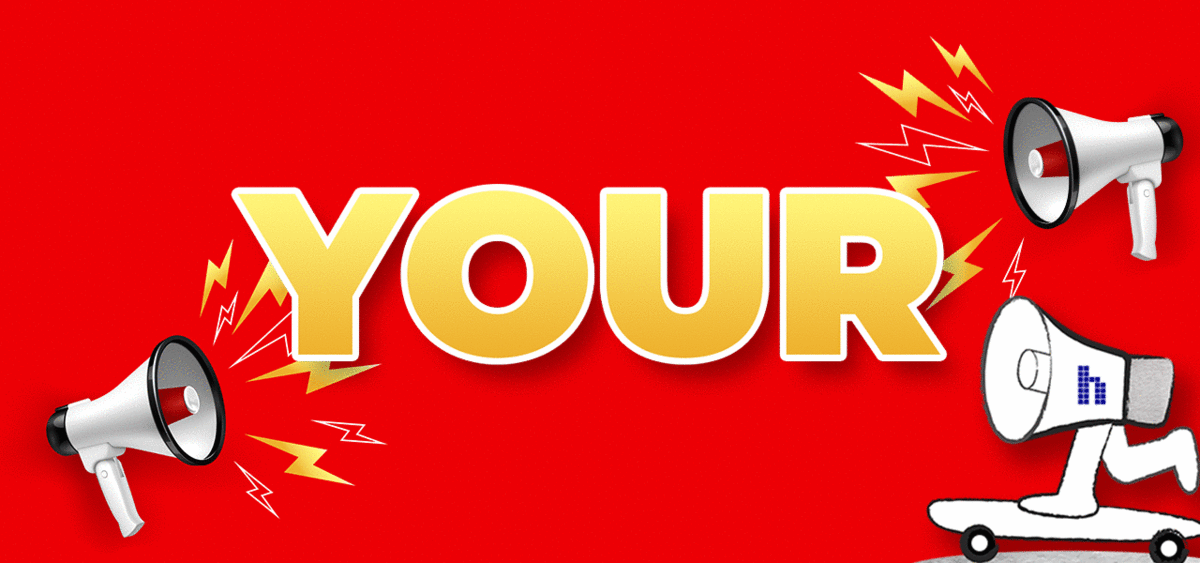


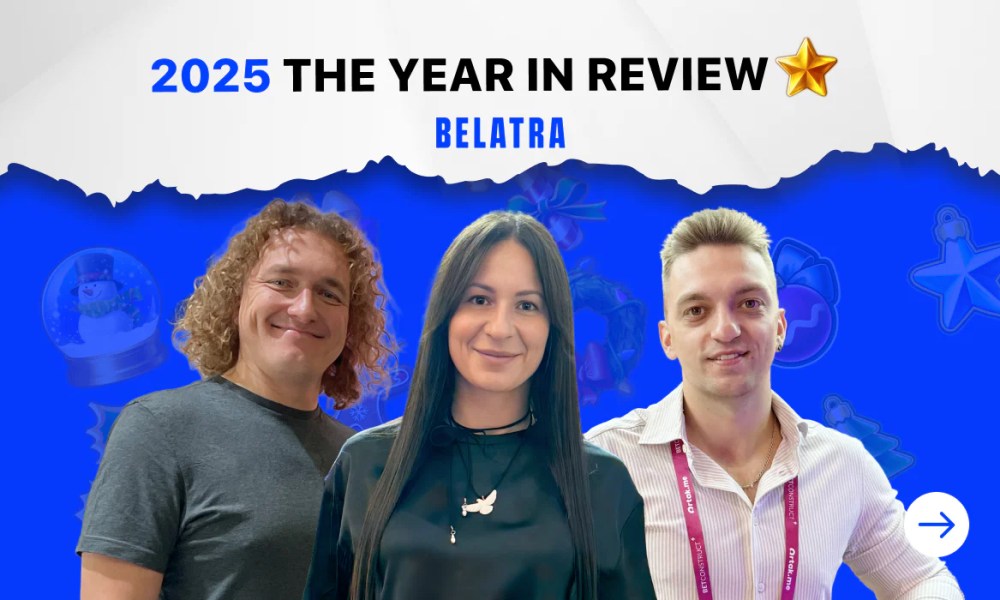
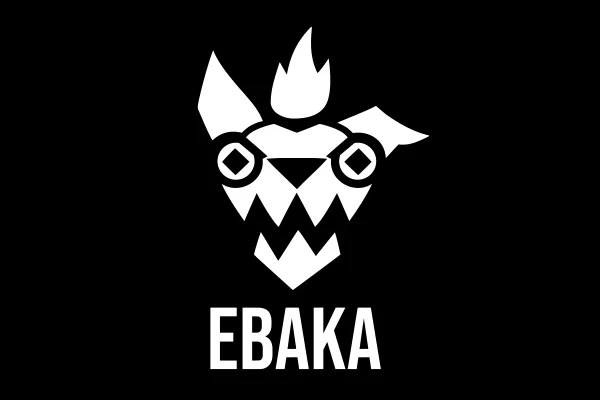
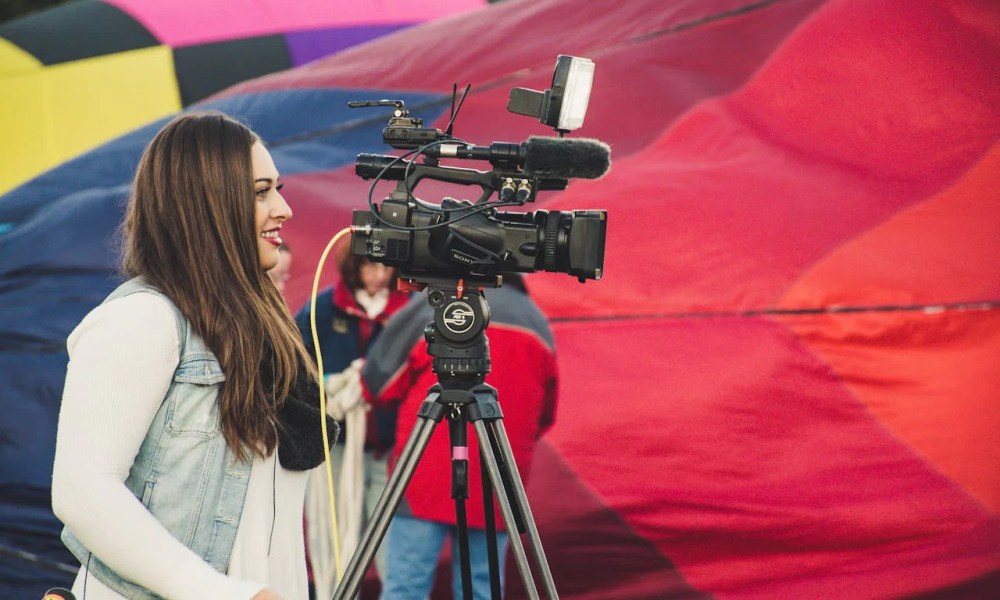

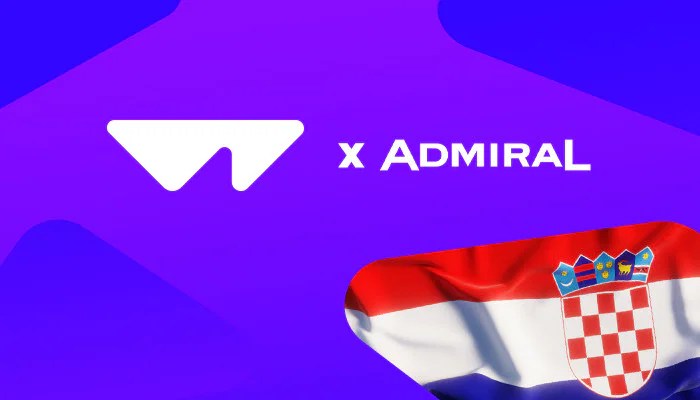

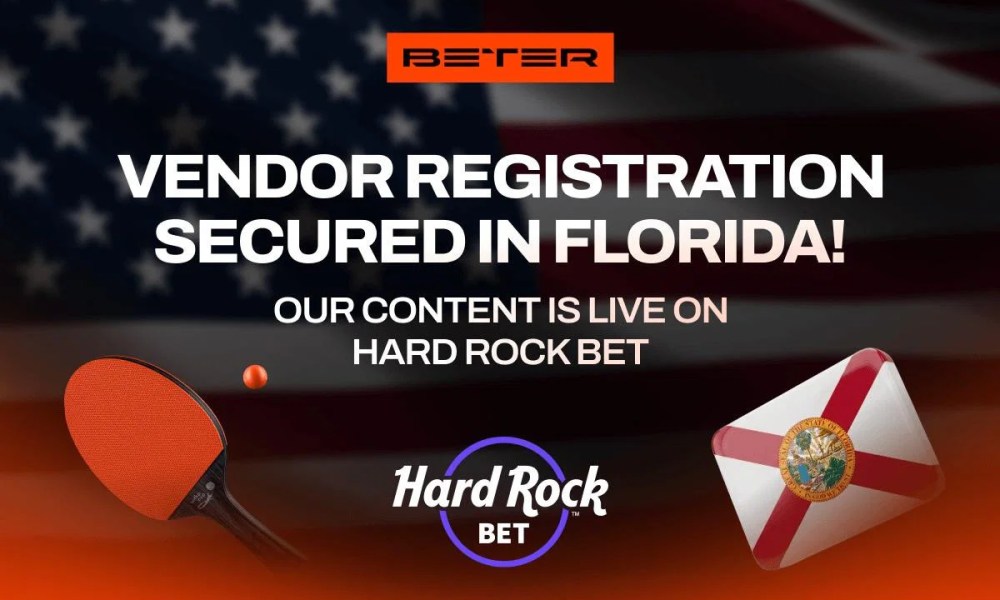
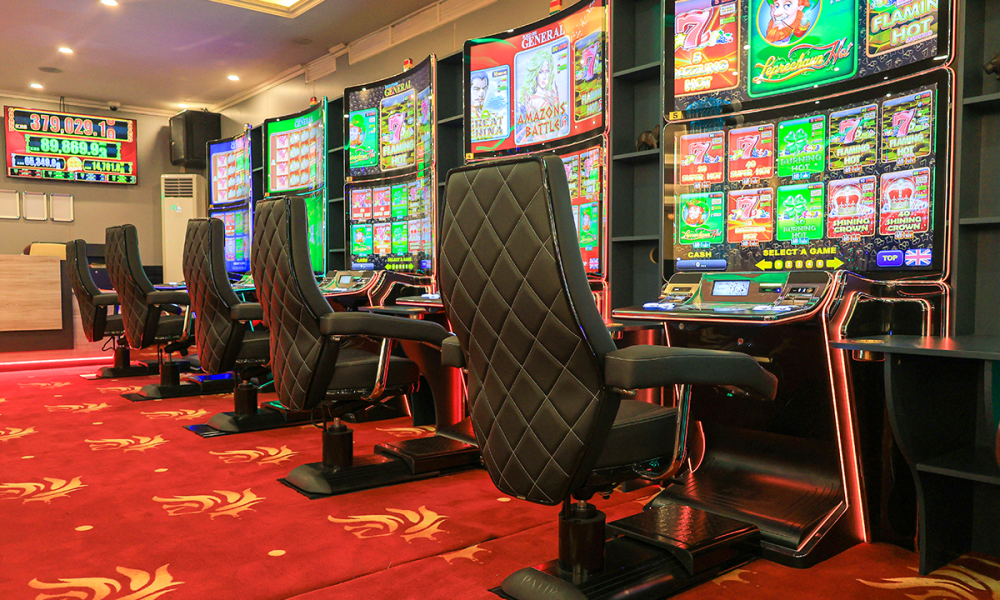
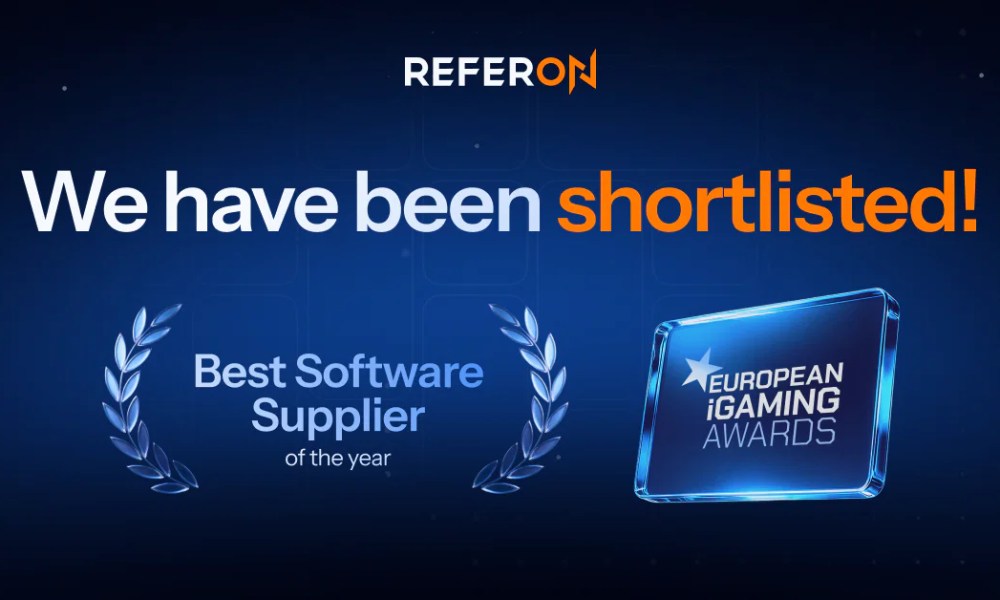
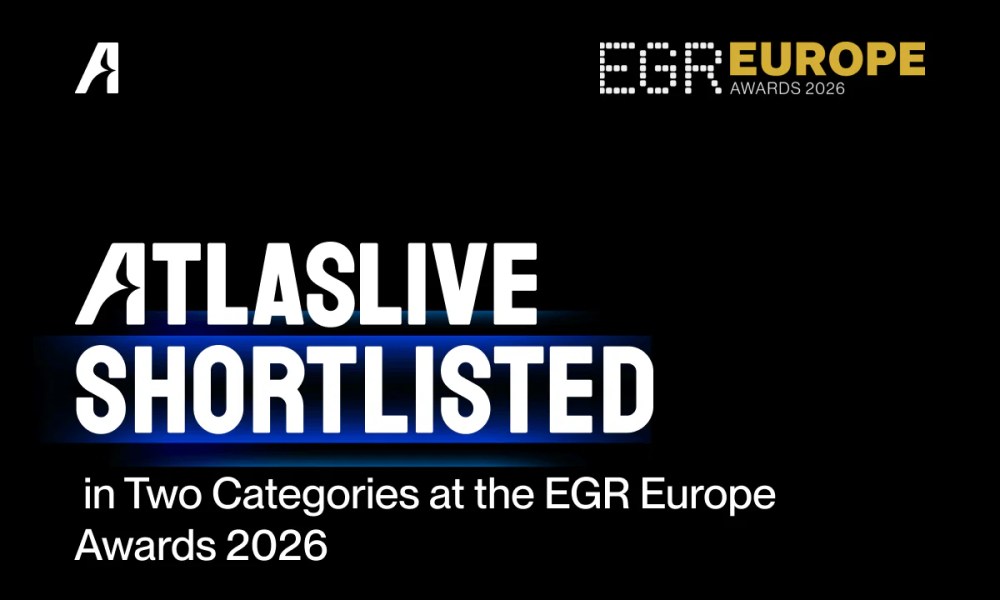
You must be logged in to post a comment Login